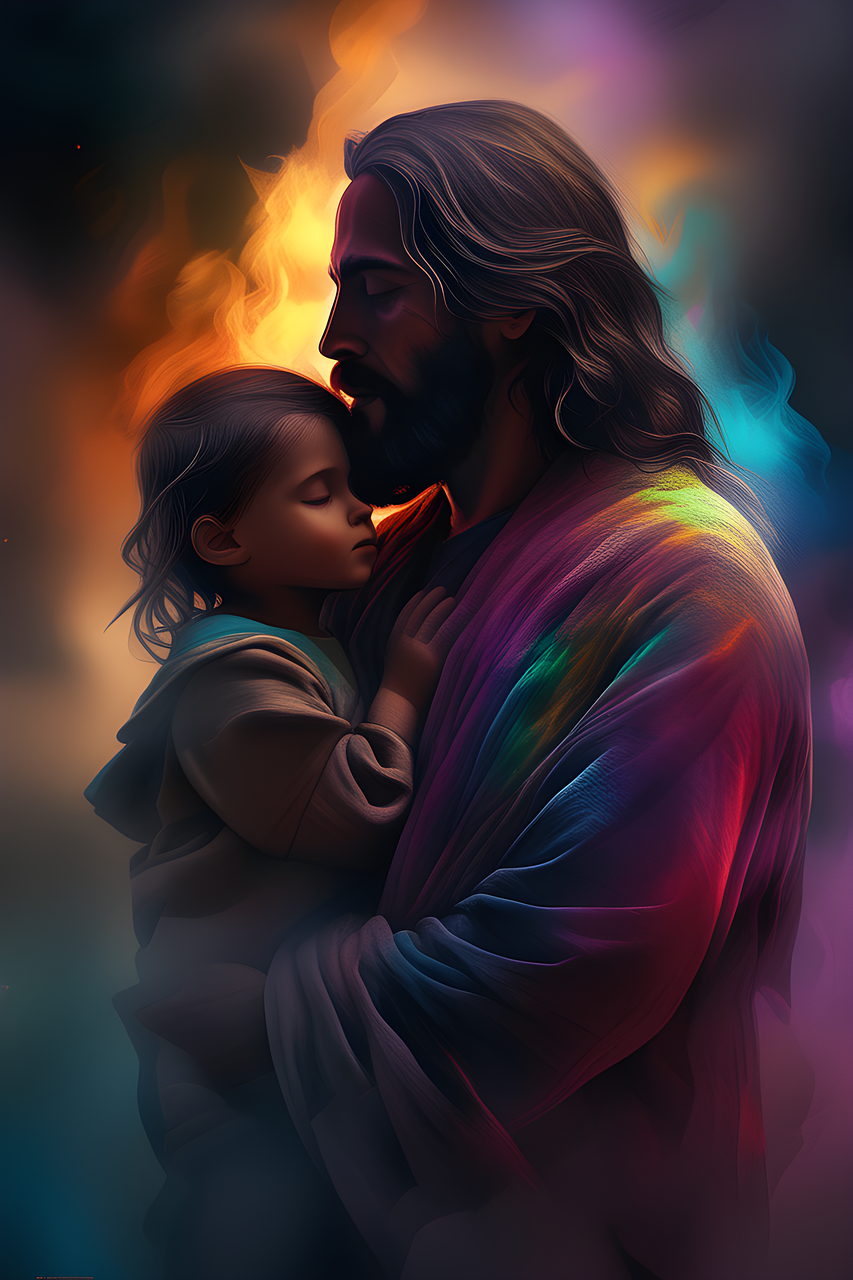In Genesis 33, we witness the touching reunion between Jacob and his long-estranged brother, Esau. After years of being separated and navigating through their own unique challenges, Jacob and Esau finally come face to face once again. This encounter is a pivotal moment in their complicated relationship, fraught with fear, forgiveness, and ultimately, reconciliation.
At the beginning of the chapter, Jacob sends messengers ahead of him to inform Esau of his arrival. Upon receiving the news, Esau comes to meet Jacob with four hundred men, which understandably alarms Jacob. Fearful of his brother’s intentions, Jacob divides his family into groups, hoping at least some of them might escape harm. He places his wives and children in the rear, with himself at the forefront.
Contrary to Jacob’s expectations, when Esau finally approaches, he actually runs towards Jacob, embracing him and weeping. Esau’s response is unexpected and deeply moving. Having harbored feelings of anger and resentment for so long, one might have expected a more hostile reaction, but instead, Esau shows incredible compassion and forgiveness towards his brother.
Jacob, overwhelmed by Esau’s kindness, insists on offering him gifts as a sign of gratitude. However, Esau initially declines, insisting that he has plenty and that Jacob’s presence is gift enough. Eventually, Esau relents and accepts Jacob’s offerings, demonstrating his willingness to restore their relationship. This exchange marks a significant breakthrough, as it symbolizes the healing and rebuilding of trust between the brothers.
The messianic link to Jesus in this passage lies in the underlying themes of forgiveness and reconciliation. Jacob and Esau’s story serves as a foreshadowing of Jesus’ ultimate mission on Earth. Throughout the Bible, we see a consistent pattern of broken relationships being restored through forgiveness. Just as Esau demonstrated mercy and forgiveness towards Jacob, Jesus came to offer the same to humanity.
In the New Testament, Jesus teaches the importance of forgiveness and reconciliation, urging His followers to love their enemies and forgive those who have wronged them. He exemplifies this message not only through His words but also through His own actions on the cross. Jesus willingly sacrificed Himself to reconcile humanity with God, bridging the gap and offering forgiveness for our sins.
The encounter between Jacob and Esau shows that forgiveness is possible even in the most complicated and deeply wounded relationships. It serves as a powerful reminder that no matter how broken or strained a relationship may be, there is always hope for restoration. This message continues throughout the Bible, leading up to Jesus’ arrival as the ultimate reconciler between mankind and God.
In Jacob and Esau’s story, we witness the transformation that occurs when forgiveness is extended and received. It is a testament to the power of reconciliation and the potential for healing in even the most seemingly irreparable relationships. This story echoes the message of Jesus’ ministry and His call for us to extend forgiveness to others, just as we have been forgiven.
Ultimately, the messianic link between Genesis 33 and Jesus lies in the profound message of forgiveness, reconciliation, and the restoration of broken relationships. Through their story, we gain insight into the heart of God, who longs for us to experience the transformative power of forgiveness and the beauty of restored relationships.
#Genesis33, #ForgivenessAndReconciliation, #JacobAndEsau, #SiblingReunion, #HealingRelationships, #CompassionAndForgiveness, #MessianicForeshadowing, #JesusTeachings, #RestorationThroughForgiveness, #HealingBrokenness, #RedemptionInBible, #DivineMercy, #FamilyReconciliation, #JesusAndForgiveness, #TransformativePower, #HealingThroughChrist, #HopeAndRestoration, #LoveAndForgive, #MessageOfReconciliation, #RelationshipHealing



